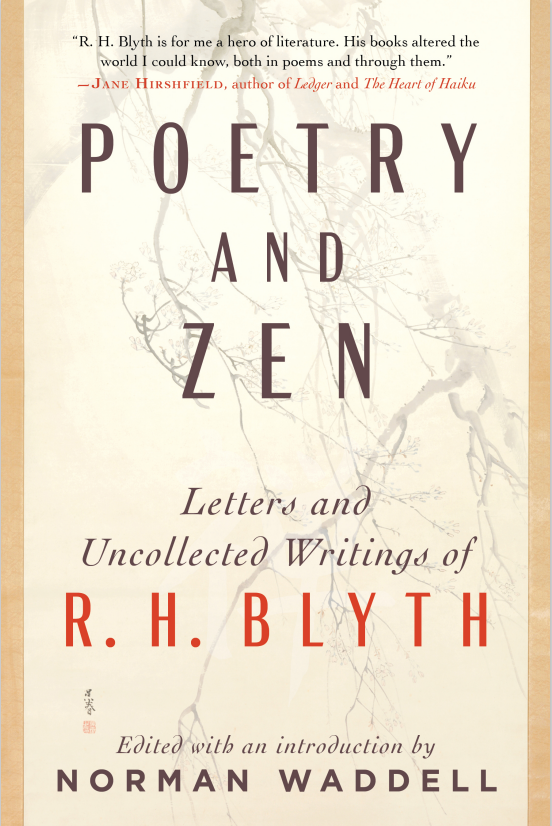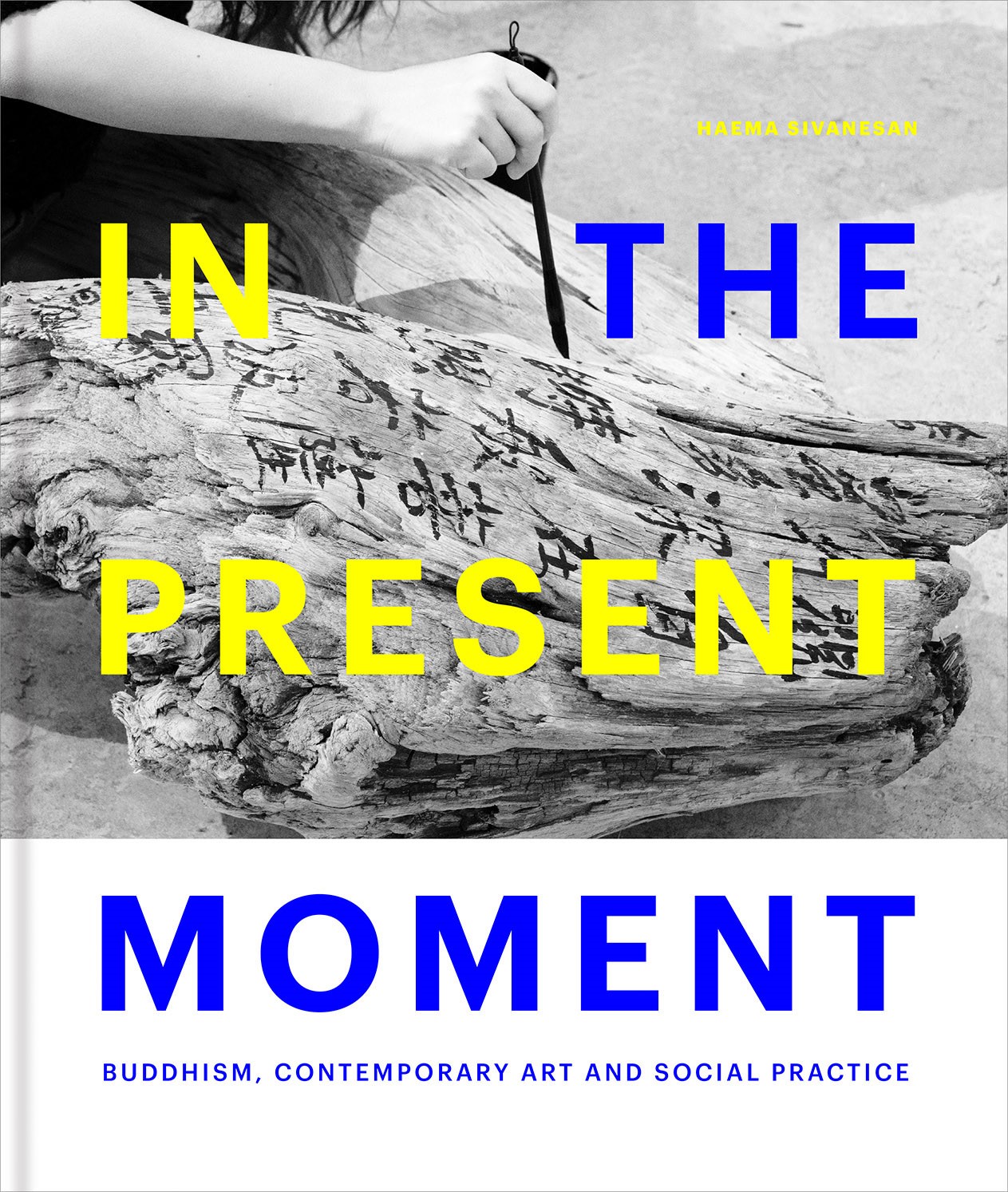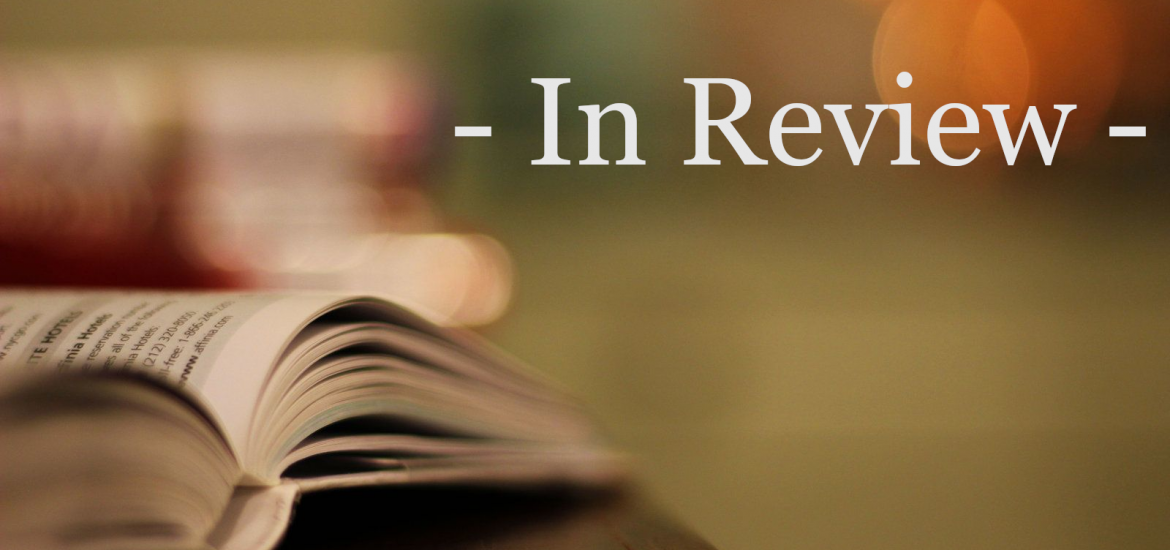These are a couple of the books I’ve been reading, that I recommend, and which I’m reviewing or have recently reviewed.
Poetry and Zen: Letters and Uncollected Writings of R. H. Blyth (Shambhala, 2020)

Reginald Horace (R.H.) Blyth (1898–1964) was an influential lecturer that popularized haiku in the West during his time teaching in Japan. A trove of his writings have been collated in this colorful and honest anthology, edited by Normal Waddell. Blyth was not only a master of translation and poetry, but also understood the Japanese notion of mono no aware like few others. He was an example of integration, not just of cultures but of worldviews from disparate worlds of artistic expression, from Bach to Basho, from Homer to Goethe.
His effortless sincerity and ownership of his love for the spirit of haiku shines through in his public writings and his private and posthumous correspondences. Waddell has curated a digestible yet sophisticated selection of the unknown Blyth, who now presents himself to us, ready to be admired, or at least understood.
In the Present Moment: Buddhism, Contemporary Art, and Social Practice. (The Art Gallery of Greater Victoria, 2022)

This book is a collection of comprehensive essays about the relationship between Buddhism and contemporary art. Edited by curator Haema Sivanesan, it is based on the delayed exhibition called In the Present Moment: Buddhism, Contemporary Art, and Social Practice, which will be held at the Art Gallery of Greater Victoria (AGGV) in 2023. The book, supported by The Robert H. N. Ho Family Foundation, is a collection of essays that explore the “concept of art as a multi-sensory, lived, and embodied relational experience that is attuned to the dynamic nature of the world, rather than as a form of representation.” This concept has roots in the principles that inform Buddhist art, as well as the cross-cultural influences that have shaped Buddhism in the West: more specifically, North America.



I somehow hadn’t heard about the Blyth book, so this is good news. My favourite quote from Blyth is: “A haiku is not a poem, it is not literature; it is a hand beckoning, a door half-opened, a mirror wiped clean. It is a way of returning to nature, to our moon nature, our cherry blossom nature, our falling leaf nature, in short, to our Buddha nature.”
Thanks Dogo. Yes, the editor’s introduction is pretty comprehensive about Blyth’s life, while his miscellaneous works provide a unique insight into the man.
Raymond Lam